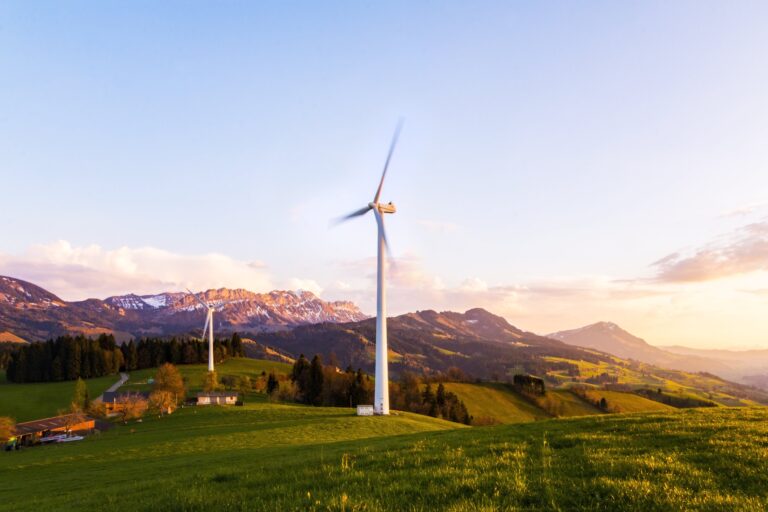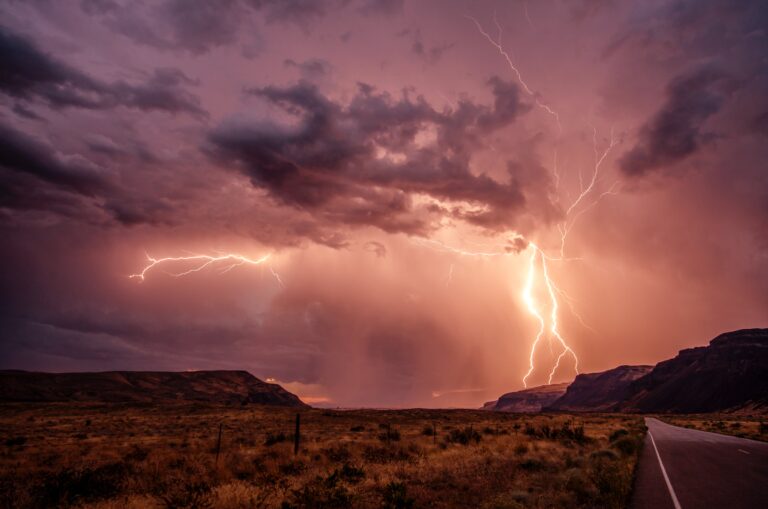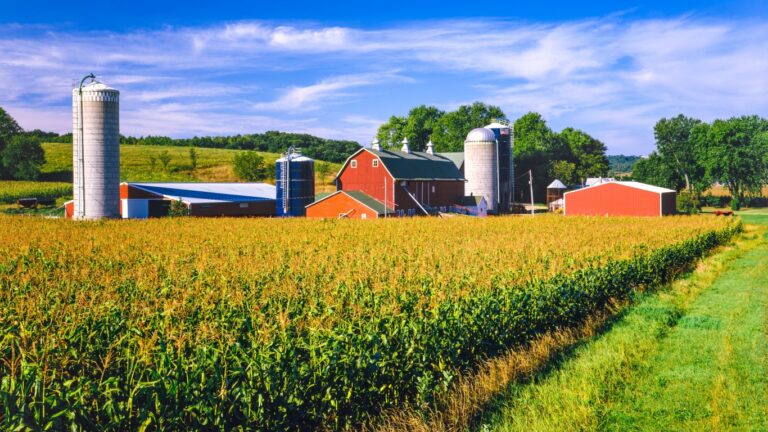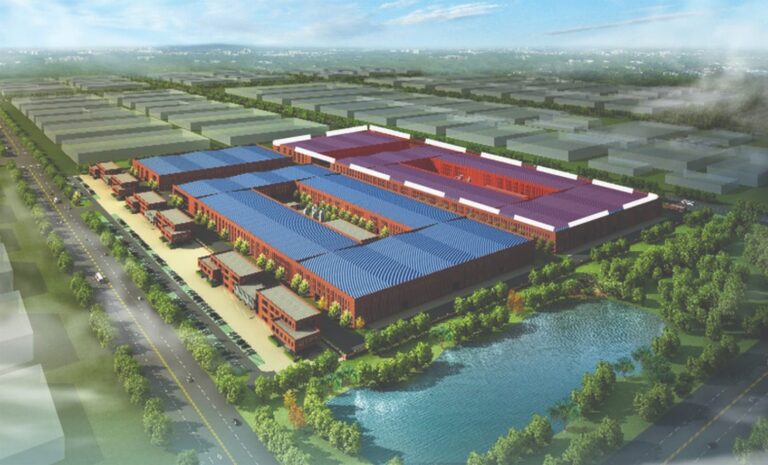Alaska Oil Dreams Shattered
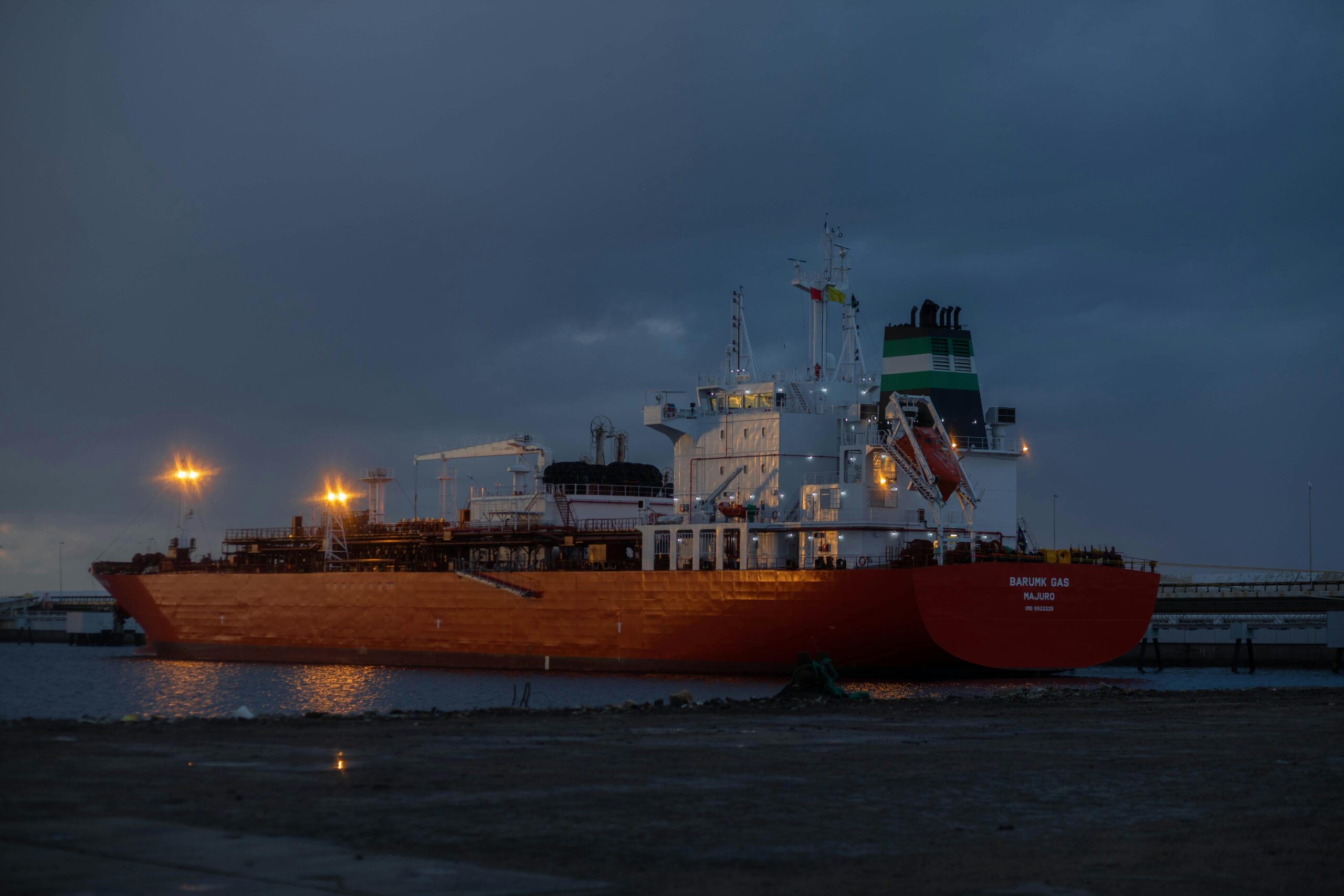
The Biden Administration said it would limit oil drilling and mining in much of Alaska, which has been a significant source of crude for decades. The decision will “save” about 30% of public lands and water within the state. It is also meant to cut greenhouse gas emissions by cutting crude production. However, enough oil is drilled worldwide, so the decision may not mean much, at least on that count. And it will affect Alaska’s economy.
Future Of Oil –A Long-Term Estimate
The official numbers differed from those mentioned in most of the press. Reuters reported, “The Interior Department finalized a regulation to block oil and gas development on 40% of Alaska’s National Petroleum Preserve to protect habitats for polar bears, caribou and other wildlife and the way of life of indigenous communities.”
The decision will undoubtedly improve wildlife and land preservation. However, it also reminds us that a considerable portion of the US land and water off the coasts is used for drilling. In December, the US produced more crude in a month than any other nation worldwide. That record could be broken this year.
Oil Needed More Than Ever
Despite the rise in renewable energy, the use of fossil fuels remains essential because energy demand continues to rise worldwide. As such, the Alaska decision is a token.
Several politicians who want to keep Alaska’s oil revenue high will try to block the measure. They say, perhaps accurately, that the state’s GDP will be affected. That, in turn, may mean job losses. Alaska’s mostly healthy economy has been built on oil. And a cut in oil sales could be its undoing.

